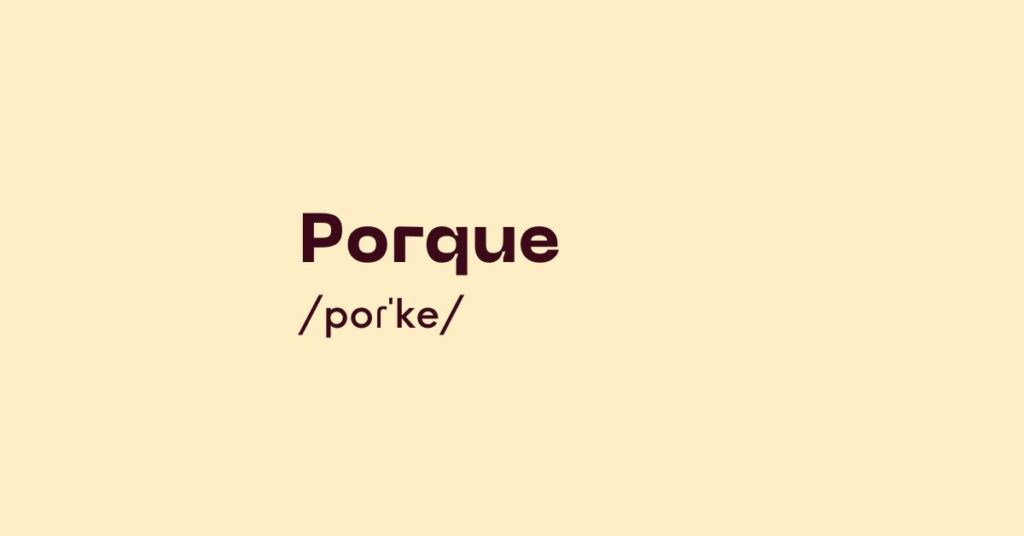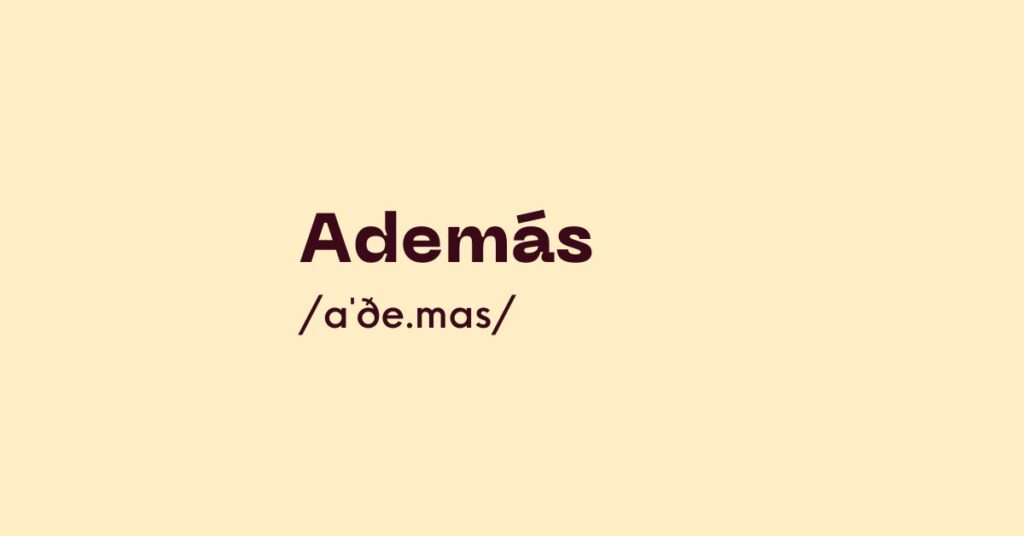Porque
Today’s Spanish word of the day is “porque”. It’s a conjunction meaning “because”. Confusingly, Spanish has three words/phrases formed from the words “por” + “que”, with slightly different meanings and uses.: Example sentences No fui a la fiesta porque estaba cansado. I didn’t go to the party because I was tired. Vamos al parque porque […]









